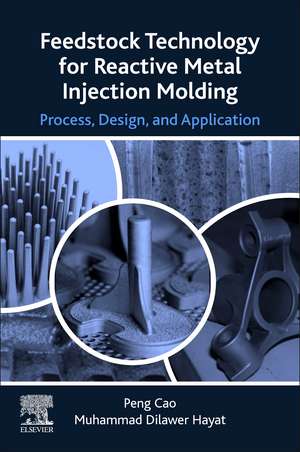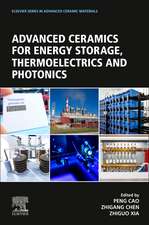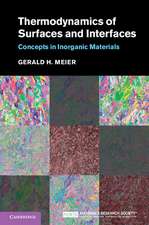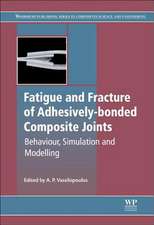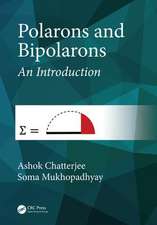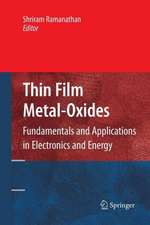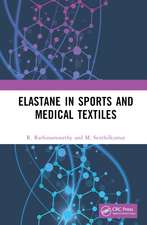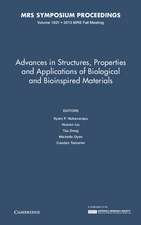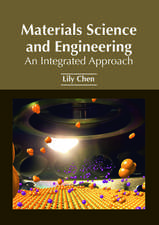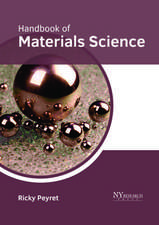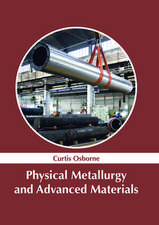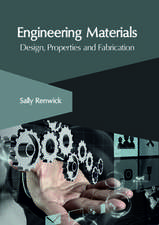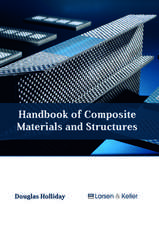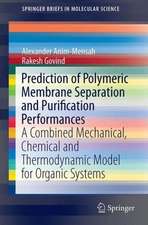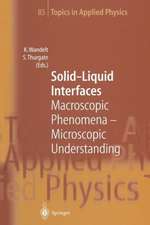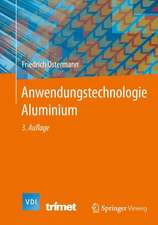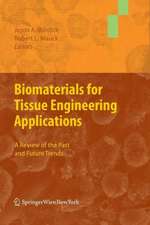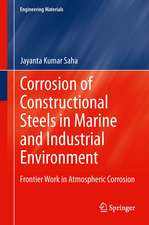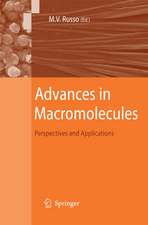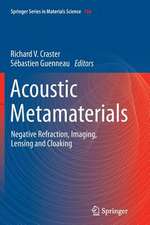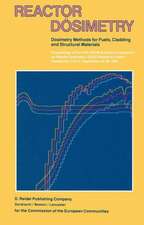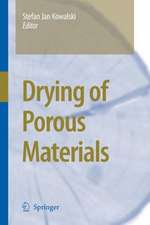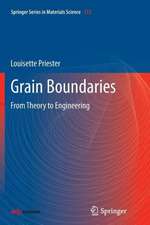Feedstock Technology for Reactive Metal Injection Molding: Process, Design, and Application
Autor Peng Cao, Muhammad Dilawer Hayaten Limba Engleză Paperback – 17 iun 2020
- Provides comprehensive details and case studies on the feedstocks currently under extensive development, in research and in the commercial domain
- Discusses the most recent developments of binder chemistry and design, along with the most critical challenges in MIM technology
- Includes comprehensive evaluations with regard to feedstock characterization and impurity control
Preț: 685.40 lei
Preț vechi: 938.22 lei
-27% Nou
Puncte Express: 1028
Preț estimativ în valută:
131.17€ • 136.44$ • 108.29£
131.17€ • 136.44$ • 108.29£
Carte tipărită la comandă
Livrare economică 07-21 aprilie
Preluare comenzi: 021 569.72.76
Specificații
ISBN-13: 9780128175019
ISBN-10: 012817501X
Pagini: 266
Ilustrații: 90 illustrations (10 in full color)
Dimensiuni: 152 x 229 x 17 mm
Greutate: 0.36 kg
Editura: ELSEVIER SCIENCE
ISBN-10: 012817501X
Pagini: 266
Ilustrații: 90 illustrations (10 in full color)
Dimensiuni: 152 x 229 x 17 mm
Greutate: 0.36 kg
Editura: ELSEVIER SCIENCE
Public țintă
Researchers and engineers working in materials science. Graduate students and researchers in metallurgy and light alloys. Researchers and engineers in titanium industryCuprins
- Reactive powder metal injection molding
- Design strategy of binder systems and feedstock chemistry
- Binder system interactions and their effects
- Impurity management in reactive metals injection molding
- Potential feedstock compositions for metal injection molding of reactive metals
- Outlook of reactive metals MIM
